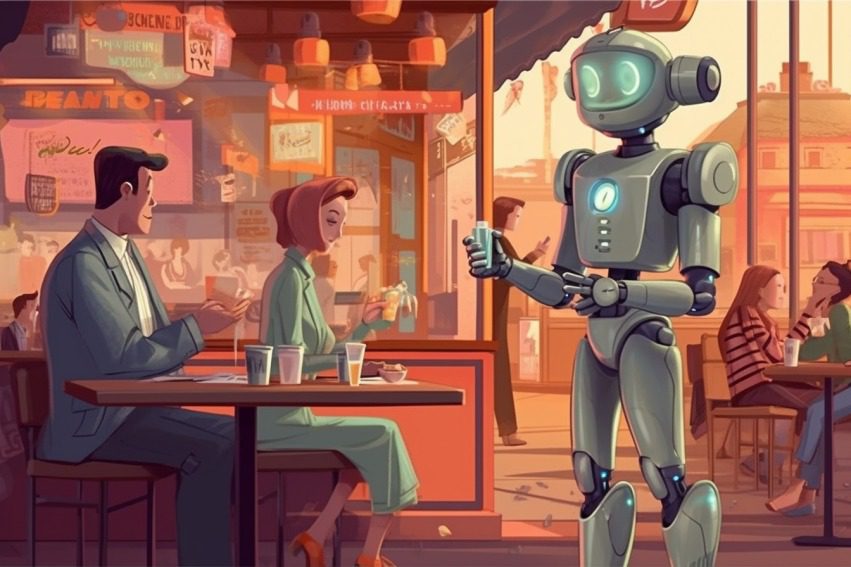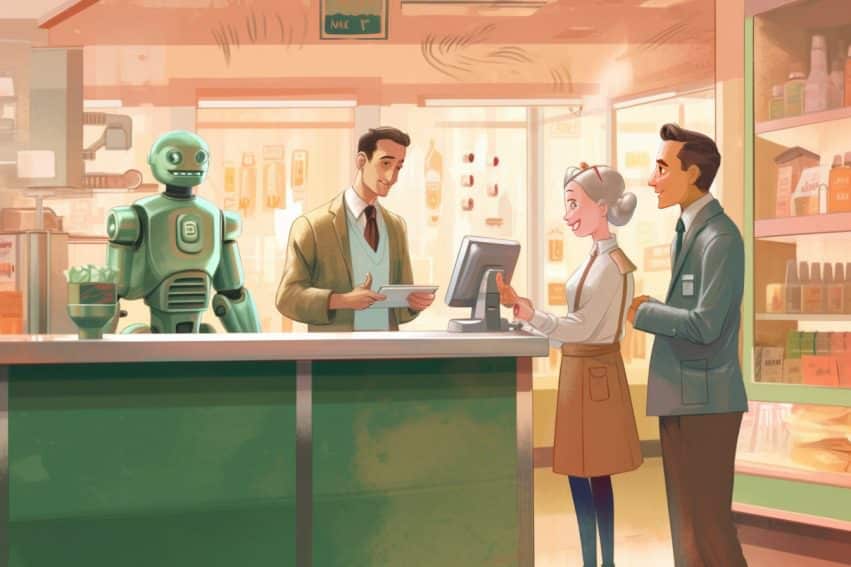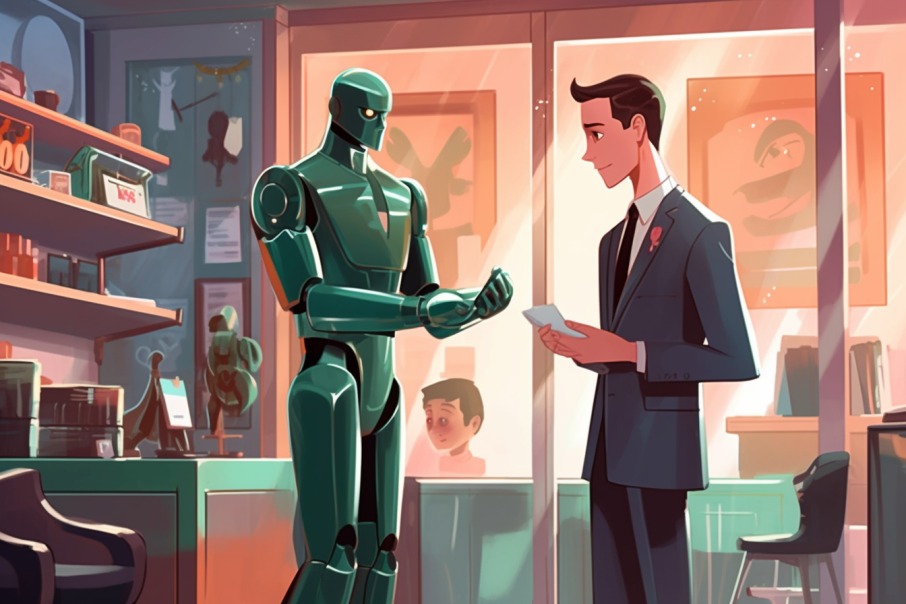Some time ago I told you about future scenarios of a world in which each of us can count on a personal virtual assistant. In forecasts of that post I hypothesized a "pivotal" year for this change: 2032. It was only last February: in the last 3 months the situation has continued to accelerate to the point that I would place this transition much earlier, now. We are already in the presence of a new era. An era where chatbots and artificial intelligence (AI) are redefining the rules of the game. These digital figures, who we could compare to the good bartenders of our favorite place, will be ready to provide us with assistance 24/7, handling a multitude of requests at the same time. In a word? Relationship marketing.
What is relationship marketing
Small note, for those who don't know what it is: relationship marketing is a business strategy that focuses on building lasting relationships with customers, in order to encourage them to become long-term loyal customers. This type of marketing is all about building a personal connection and understanding specific customer needs, rather than promoting a single product or service.
We were talking about chatbots. Those little virtual helpers that never sleep are providing businesses with unique perspectives on interacting and bonding with customers – they will go far beyond simply responding. They will become electronic "fortune tellers" capable of predicting the thousand variables that influence the sales process or customer care.
It will be thanks to what is called "causal artificial intelligence": a kind of "detective" that uses cause-effect relationships to create AI systems capable of acting with increasingly greater autonomy, without needing our help. Replacing, as you well know, several current jobs.

How many?
Many. Brace yourselves: it is estimated that by 2030, 75% of current professions it may no longer exist due to the impact of artificial intelligence. It is an enormity, an immense cataclysm. Companies are preparing for this digital revolution by developing chatbots and tailor-made AI systems to automate some work processes. On the other hand, the "response" that we should give to this change, which is a response of cultural origin, is slower. Much more AI training is needed.
Courses to learn how to manage work, optimize it, supervise it with the help of these new technologies. Paths that create already sketched figures such as that of the prompt engineer, or the synthographer (respectively: prompt engineering for language interpreters, and management of generative media). Texts and codes to raise the next generation of ethical experts, who will help us "keep AI on a leash" and prevent them from going overboard. In other words: the tools that serve to strengthen professions that do not yet exist, to offer the opportunity to work to those who currently carry out professions that will no longer exist.
Meanwhile, progress
In the field of marketing, there is no doubt that i chatbot they will be the front line of an epochal change. A transformation that will introduce concepts such as "digital empathy", the ability (for a machine, let's not forget) to enter into an "emotional connection" with a human interlocutor. As mentioned, relationship marketing to the nth degree. The art of engaging customers and creating lasting connections.
Chatbots will be ready to offer the right help, service, product. And to do it to the right person, at the right time. Can you imagine how people's relationship with their reference brands will change? I already see Whatsapp groups in which, in addition to family and friends, we find car manufacturers, insurance companies, restaurants and other brands with whom we can talk as if we were in front of a person, to ask for news on our car or to say that next time the chef will have to make us well cooked meat. Does this seem absurd to you? Certain. Today.

In summary: relationship marketing, a journey with no return
You know it: Chatbots and AI are here to stay. On the contrary: they are here to grow and multiply. They are redefining relationship marketing, opening up new channels to create and develop lasting relationships with customers, able to evolve in a granular and personalized way for each of us, based on our mood or the stages of our life.
Companies that embrace these technologies will see incredible improvements in communicating with customers, personalizing offers and managing loyalty programs. As technological innovations continue to evolve, the future of relationship marketing promises to be increasingly integrated into our daily lives, in a much less "scary" way than it may appear to us now.
We will have real and "synthetic" friends. Among these, "friends" who can sell us services and products, and perhaps will stop doing so by annoying us at all hours of the day and night, but will help us in purchasing decisions by talking to us.


